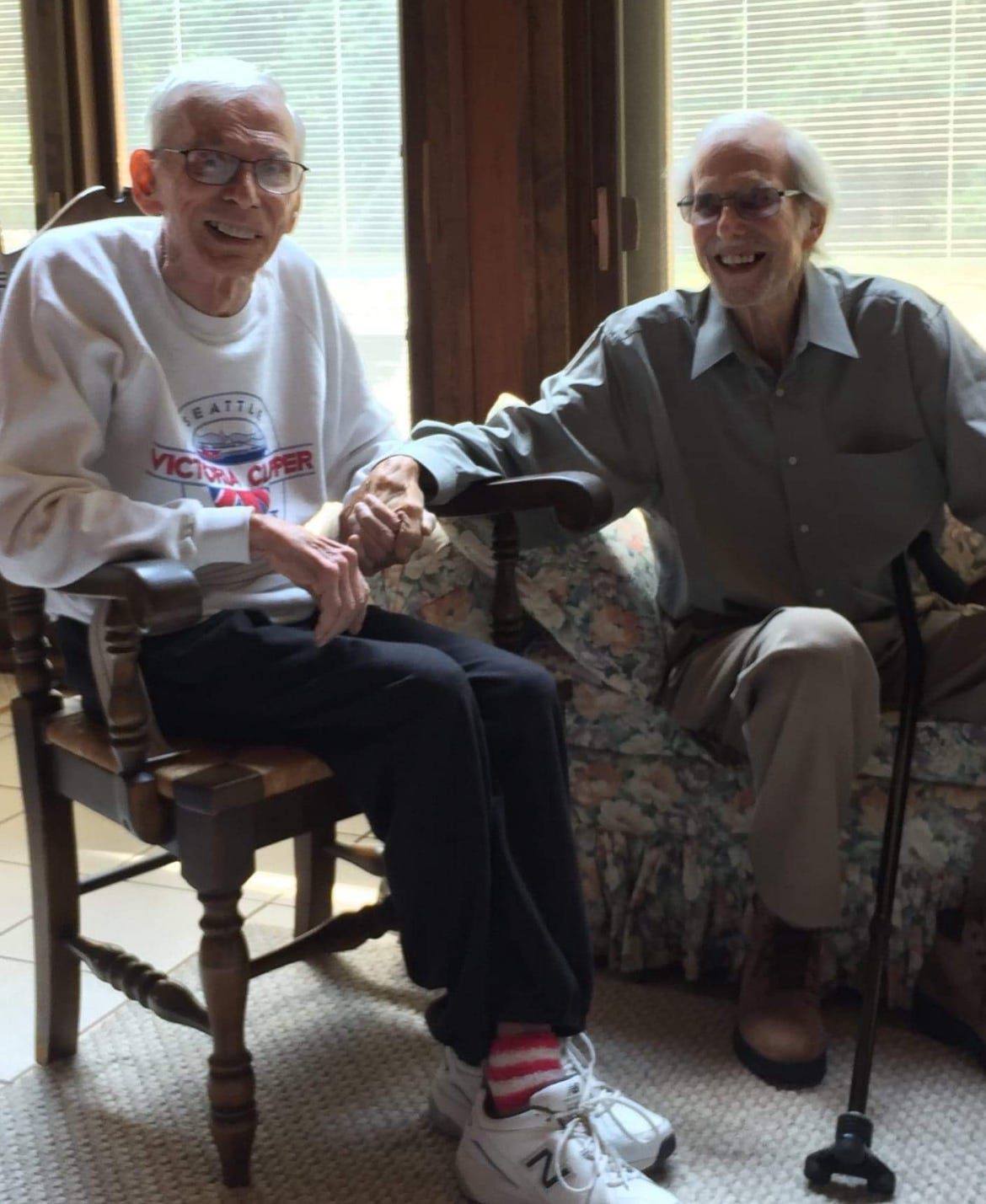There’s a certain kind of man who never stops punishing himself.
Not outwardly. Not in ways anyone would notice.
But the self-punishment runs deep. Quiet. Controlled.
You’ll find it in the way he shrinks his wants.
In the way he stays loyal to a life that doesn’t fit anymore.
In the way he avoids letting anything feel too good—because something in him decided, long ago, that he forfeited the right to ask for more.
He doesn’t need to be told he’s good.
He’s not looking for affirmation.
He’s already accepted his role.
He’ll show up. He’ll provide. He’ll take the consequences of his choices and keep his mouth shut.
He believes in ownership. In discipline. In not making a mess someone else will have to clean up.
What he doesn’t believe in is restoration.
Not for himself.
Not anymore.
That part is harder to spot—because he won’t talk about it.
He may still hope things get easier, but he won’t hope for joy.
He may still believe in forgiveness, but not for himself.
Not in a way that would let him actually stop carrying it.
The shame doesn’t need to be visible to be running the show.
It just needs to stay active in the background, reinforcing the idea that the discomfort he feels is the life he earned.
That this—whatever it looks like now—is what’s left after the mistakes.
So he makes it work.
He calls it being realistic.
He tells himself it’s better than he deserves.
He stops asking questions.
But resignation isn’t wisdom.
And a quiet life built on quiet punishment is still a sentence.
It’s not sustainable.
It doesn’t mature into peace.
It doesn’t redeem the past.
It just preserves the pain.
There’s a point when carrying it longer doesn’t make you stronger—it just makes you stuck.
Not because you don’t know how to change.
But because you’ve already decided you’re too far in to be worth the effort.
That’s the lie.
No one gets more forgiven because they suffer longer.
No one restores integrity by refusing relief.
No one repairs what’s broken by living half-alive.
There is no finish line where you’ll feel like you’ve paid enough.
There’s only the moment you decide to stop building your life around the idea that you don’t deserve one.
That doesn’t mean pretending nothing happened.
It doesn’t mean chasing pleasure.
It means choosing presence.
Sitting in your actual life—not your punishment for it.
Letting yourself see what’s real now—not what you’ve already lost.
Letting time work for you again, instead of against you.
What you’ve done is not the whole of who you are.
And what you carry doesn’t have to define what comes next.
But you have to stop paying for what’s already behind you.
No one is keeping score anymore.
And if they are, they’re not qualified to lead you.
You’ve paid enough.
Now live the kind of life that wouldn’t make you start over, even if you could.



